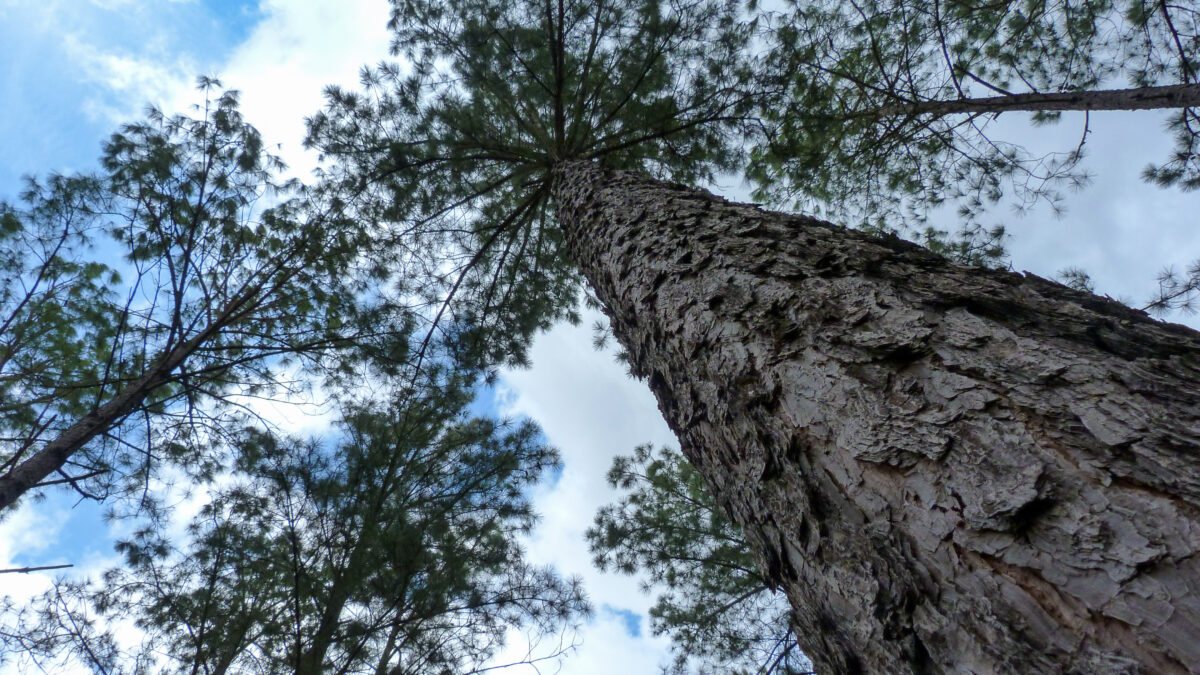GMOs Are Saving Hawaiian Farms and Forests from Extinction
Guest Author
Special Contributor to FB.org

photo credit: Alabama Farmers Federation, Used with Permission
Guest Author
Special Contributor to FB.org
More evidence is cropping up all the time to support the environmentally friendly nature of biotech seeds and crops. As we've learned in Hawaii, GM papayas are a great example of how biotechnology keeps forests intact and decreases the amount of pesticides needed to grow marketable fruits. I call this "GMOrganic" because it's earth-friendly, farmer-friendly and good for the consumer.
Our three-generation farm has been growing papayas since the 1960s and continues to grow these delicious, highly sought after Hawaiian staple. The papaya is a fruit that many locals buy religiously, every week for years. But for a long time, this local favorite was under constant threat.
The papaya ringspot virus was prevalent for decades and managed for a long time by cutting down the infected trees or moving fields. Leaf hopper bugs spread the virus, and no pesticide could stop or control the disease. Once a leaf was bit, the whole tree was infected and would eventually die or become a vector itself. The virus would come and go on the islands, and was managed well for the most part. But with no permanent solution, the virus became more prevalent as time went by. Simply cutting down infected trees or plowing new fields no longer stopped the problem. Some farmers even relocated to other islands to find refuge but they couldn't fully escape the problem. No matter what farmers tried, the papaya ringspot disease ravaged fields across our state.
Then, thanks to biotechnology, a new breed of tree came in to save papaya farms from extinction. The GMO solution saved crops by creating a plant that essentially was vaccinated with a weaker form of the virus. A farmer could now grow crops without having to cut down forests to escape the virus. We could once again plant in existing fields without fearing crop failure. GM papayas saved our businesses and helped preserve our vibrant ecosystem. These stronger trees produce a more consistent supply of papayas, often yielding fruit for up to 5 years. The trees are also less susceptible to other common fungal diseases and consistently provide sweet, juicy fruit in all seasons.
This nutritious breakfast staple is once again on Hawaiian plates, and our customers are happy to have safe affordable fruits available year-round. Lines of eager customers waiting at stores for our papayas are once again a regular occurrence, thanks to biotechnology. Our farm is alive and buzzing, and our fields are green with papaya trees brimming with fruit, ensuring a harvest for years to come.
Joni Kamiya, an avid farm advocate, blogs regularly at www.hawaiifarmersdaughter.com. Her father's third-generation papaya farm is located on Oahu's North Shore.
Trending Topics
VIEW ALL